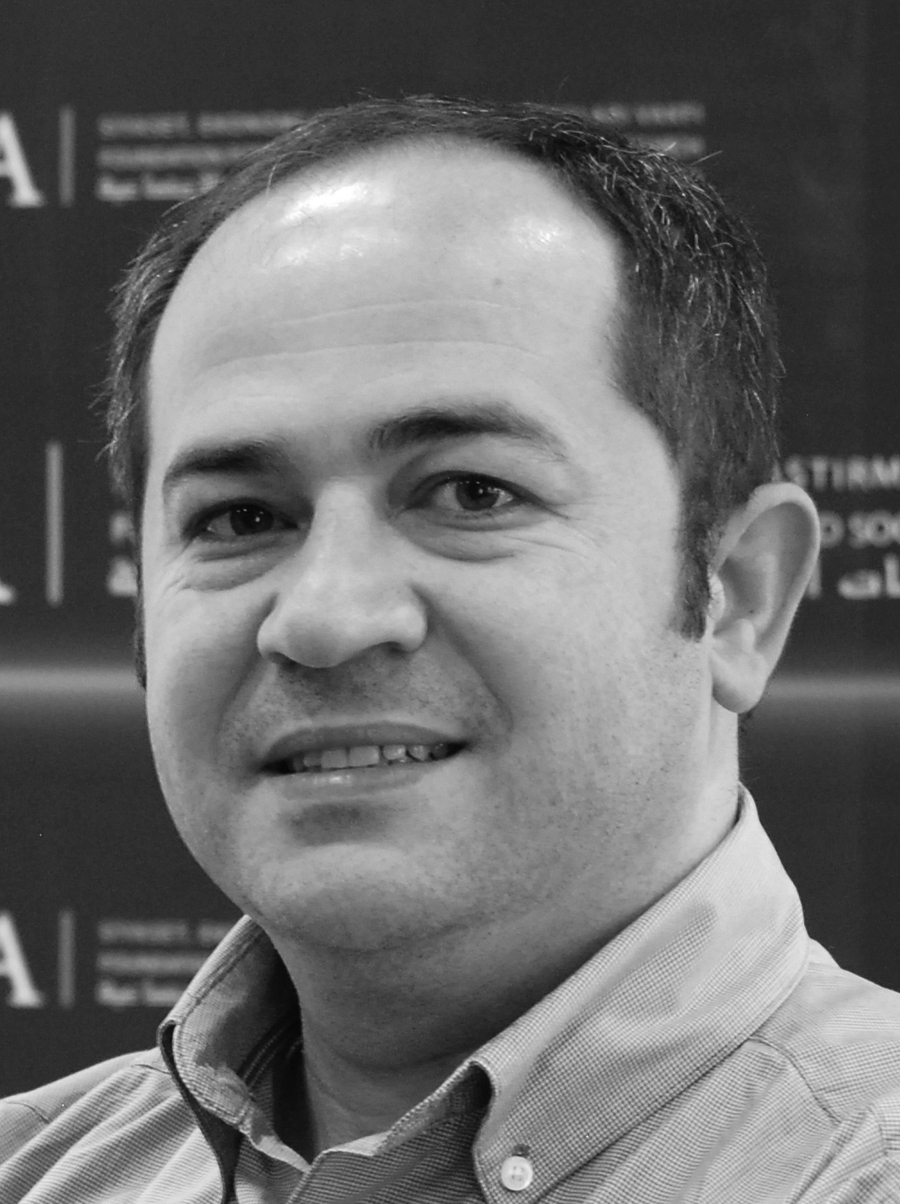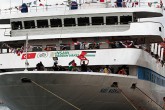Over the past decade Turkey has experienced the most rapid period of transformation in its history, as century-old political, social, cultural and economic issues come to the forefront of public attention. Typically, each resolution attempt by political authorities leads to a deepening of other issues. A multitude of complex and deep-rooted problems requires multiple solutions and policies at any given time. In the end, there are attempts -albeit overdue- to tackle and resolve the country’s existing challenges. The important point is that instead of sweeping its issues under the rug, Turkey emerges as a country with hope and the willingness to confront the difficult questions.
Such comprehensive changes would typically require extraordinary events, such as a revolution or military coup. Turkey, however, has succeeded in taking the necessary steps through elections as well as routine administrative, judicial and constitutional procedures.
Instead of the hasty, yet careless, transformation that typifies revolutions and military junta rule, the country has followed a peaceful path of painfully slow and sometimes less than ideal changes. The downside of gradual change thus far has manifested in the form of a number of unforeseen problems, tensions and resistance.
Over the past decade, we witnessed a resistance to change that stems from the various instruments, precedents and privileges that a century-old authoritarian regime embroiled to exercise power. As such, all competing groups in the political arena find themselves within a dichotomy of change and status quo. Due to the nature of such polarization, we often see seemingly inactive fault lines reappear in our political landscape as new ones emerge at the speed of light, leading each word and practice to trigger often undue reactions, positive and negative alike.
The now-obsolete political system, its figures and ideology gave way to a new set of agenda items and lengthy deliberations about who should construct the country’s democratic order and according to which considerations such action would be performed. As such, we embarked on a serious debate about citizenship, state-society relations, the role of religion in government, as well as more technical issues such as increasing local governments’ authority and establishing a healthy balance between executive, legislative and judicial authorities. Simply put, the question remains whether the AK Party or its opponents should establish Turkey’s new order. This fundamental problem not only dictated political debate over the past few years but also appears likely to preoccupy Turkish society for an additional number of years: The past two years saw a tragic failure of a parliamentary initiative to draft a new constitution (which enjoyed society-wide support as late as 2011), as well as two major political crises – the urban revolts of the summer of 2013 and a series of operations that started on Dec. 17 to reveal a bitter power struggle within the government.
All such developments arguably manifested a deep resistance to a new order established by the AK Party, as opposition groups across the political spectrum called upon the country’s Kurds to help isolate the government. We will also witness a struggle between these historic forces in two upcoming elections later this year and beyond.
Turkey left behind its military-dominated guardianship regime but it has yet to find out which actors will shape its new political landscape. To interpret contemporary developments with reference to this grand picture would certainly help develop a better understanding of future developments.
[Daily Sabah, February 24, 2014]


